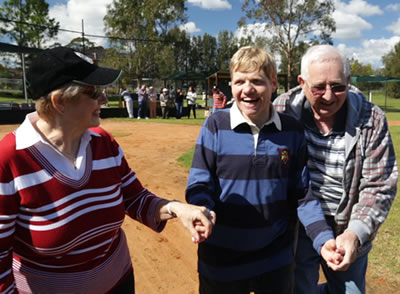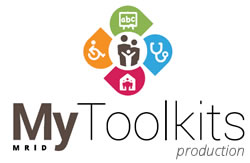Significant changes in the disability care sector are underway, which will affect the way that health and disability services are made available to and accessed by individuals with complex health needs and their carers.

The full impact and implications of the Australian government’s National Disability Insurance Scheme (NDIS) on the funding and service arrangements of those with disability, and those who work with them, are still somewhat unclear. They will no doubt be clarified as the system is implemented around the country.
In New South Wales the dissolution of Ageing, Disability and Home Care (ADHC) will be concurrent to the introduction of the NDIS, and this transition to more privatised services is anticipated to have a significant impact on the way in which services are provided to those with disability.
The new challenges will provide excellent opportunities for the application for Co-Design principles, as individuals, families, carers and professionals alike navigate their way through an unfamiliar and evolving disability support system. Collaboration and active partnerships between consumers, carers and professionals throughout this period of uncertainty will be crucial in order to optimise health care provision for those with complex needs. Co-Design processes will allow for identification of problems and possible solutions and improvements as the NDIS is rolled out.
One of the key intended outcomes of these new arrangements is that consumers and carers will be have a greater say in the way they access services, and what those services might look like. The NDIS actively promotes collaboration between service providers and consumers in the design of innovative models of care – in other words: Co-Design. Co-Design will be a critical feature of the way evolving funding and service arrangements will be shaped and defined.
Co-Design tools and processes create systems and structures to engage consumers as active participants in the design and development of relevant, sustainable, appropriate care and support services that are best oriented to meet their needs. Where limited resources are available, Co-Design offers a process for establishing priorities and working in active collaboration to achieve practical, sustainable solutions to the complex problem of providing health care and support services in the most efficient and effective way possible.
In a variety of contexts Co-Design offers health professionals, private health service providers, consumers and carers an effective and efficient model for working together in partnership to achieve their shared goal – improving the health, wellbeing and quality of life of individuals with complex health needs and their families.
For more information on the National Disability Insurance Scheme visit www.ndis.org.au




